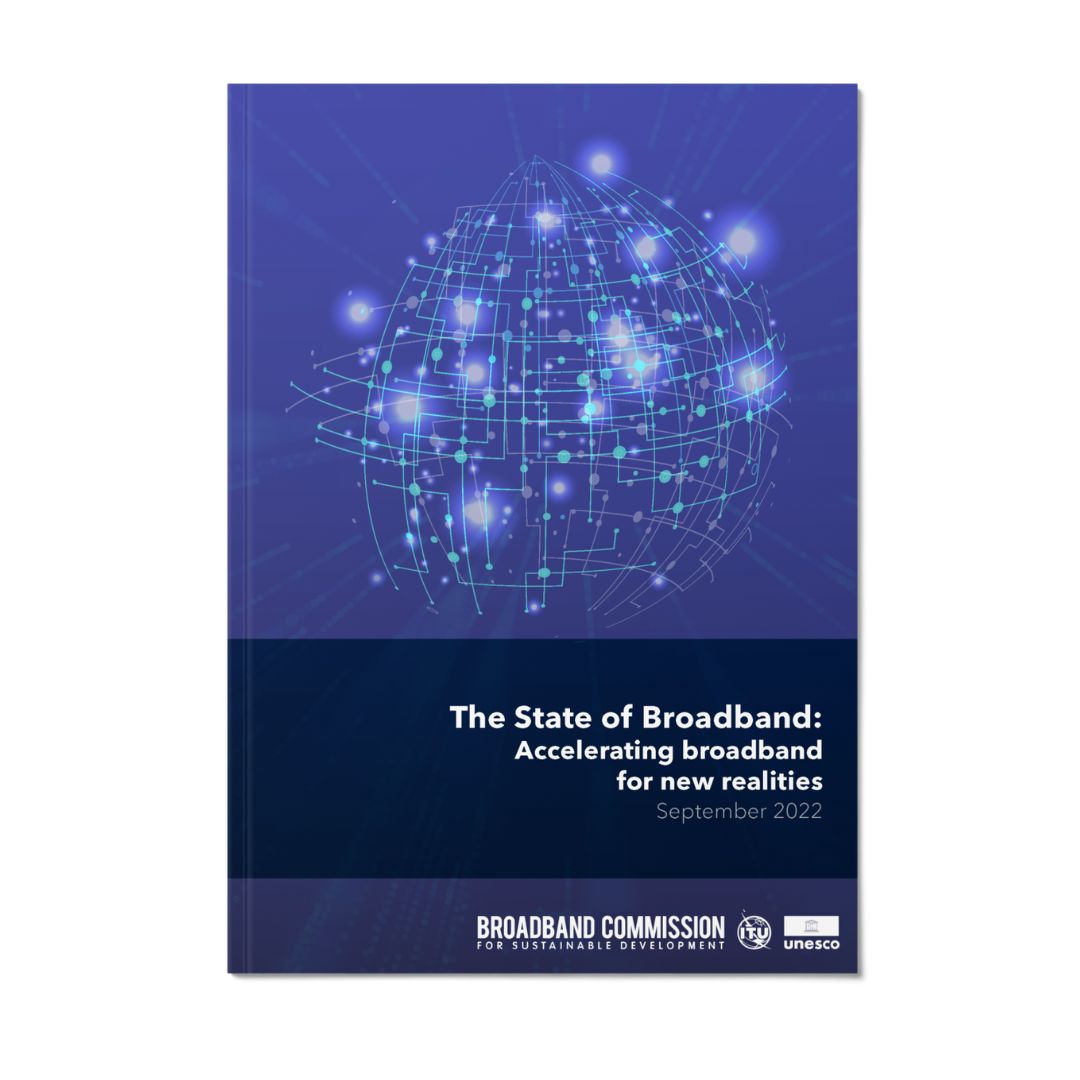Mobile internet connectivity provides billions with access to transformational digital services, delivering economic benefits and reducing household poverty. However, an estimated 37 per cent of the world’s population – or 2.7 billion people – have still never used the Internet, despite 95 per cent of people in the world having access to a 3G or 4G mobile broadband network. To redress this inequality and achieve the targets of universal and meaningful connectivity, policymakers must work together to bring everyone online, and address not just the connectivity gap, but also the usage and consumption gap. To achieve this, Vodafone makes three recommendations:
1
Establishing a long-term solution to 4G device affordability. As Co-chair on the Commission’s Working Group on Smartphone Access, I believe policy reform and investment are needed if we are to reach ITU’s 2025 target of 75% broadband-internet penetration. We can focus on three key actions: to enable device financing schemes to be available to those without formal credit ratings, to reduce import duty on devices, and to subsidize the cost of devices to customers, such as through using Universal Service and Access Funds (USAFs).
2
Strengthening societal resilience in the face of ongoing crises, by accelerating universal access. The COVID-19 pandemic alongside the climate, food and supply chain emergencies have reinforced the urgency of closing the digital divide. The UN Secretary General has rightly stated that “the digital divide is now a matter of life and death”. To achieve national and global resilience, we need broadbased digitisation – particularly for the most vulnerable and marginalised segments of society. Better digital tools by MSMEs and smallholder farmers can play a key role in enhancing food security and improving productivity. This requires every government to establish comprehensive National Broadband Plans that address barriers to digitization and close gaps in digital adoption and skills.
3
Building a digital financing Strategy for Africa. To bring meaningful connectivity to all Africans by 2030 will require USD109 billion in additional investment. A comprehensive digital financing strategy, led by International Financial Institutions (IFIs), will help to overcome the digital divide in the short-term, while long-term solutions to the digital investment gap are sought. Vodafone has pledged to invest US$190 million over the next five years to increase our 4G population coverage to an additional 80 million people in Africa. Pledges such as this can be delivered faster if scaled regional investment can be accessed in a timely way, bringing better outcomes for citizens.


